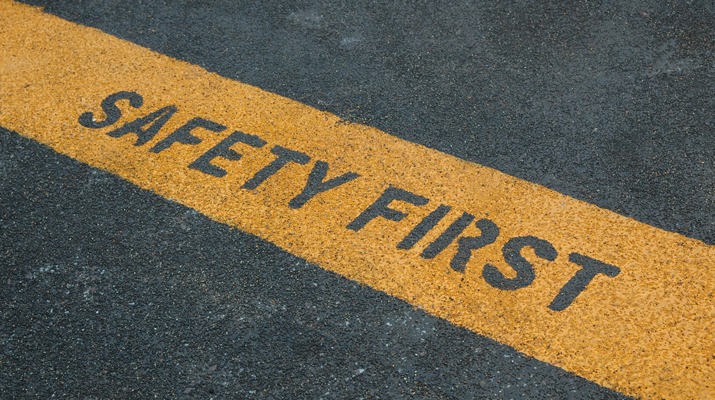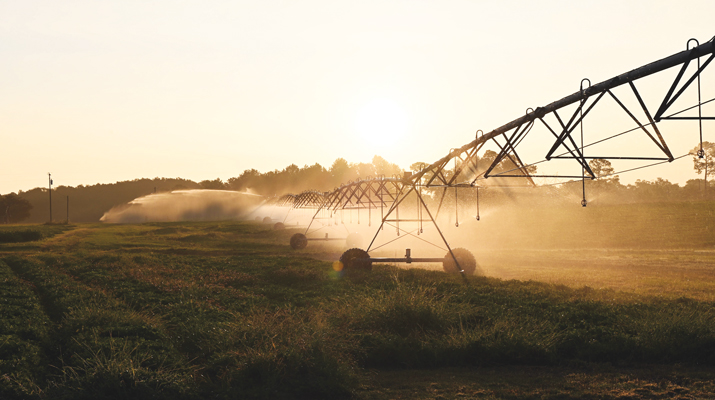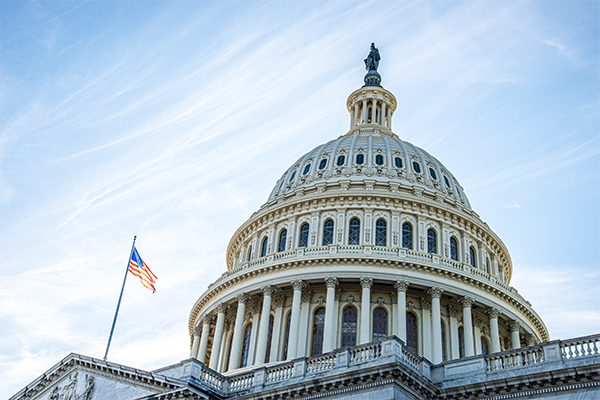Limited liability aims at bad-faith claim
Guaranties are hard to come by. Sure, they are offered, but always at a price. When you buy a new appliance or electronic, they try to sell you a warranty to cover product failure after 12 months. Of course this is in addition to your purchase price, and the sad truth is, sometimes, you will need it.
Across the country, states are passing limited liability laws intended to reduce the likelihood that your company will suffer a bad-faith claim. A bad-faith claim is a monetary claim for damages that were created by the plaintiff.
 Jay Johnston |
Uncle Buck decides to replace your water heater with his toolbox and limited knowledge about gas under pressure. After the incident, Uncle Buck’s relatives will go for the money claiming that your company should have foreseen such circumstances and some plaintiff’s attorney will try to associate your liability with his clients’ foolish behavior.
In most states, the laws of negligence clearly were designed to limit liability to cause and origin. Unfortunately, most judges fail to enforce such intentions and succumb to sympathy when faced with plaintiffs of little means and many expenses. Local juries are worse. Justice is a seven letter word for “who has the money.” The gas company has insurance. Let’s take it.
So, even though the law says that’s not the intention, we must pass new laws with specific intentions, making it harder for judges to render verdicts by economic means alone.
Upon hearing of numerous limited liability laws passed, many insurance companies have suggested that they will “wait and see” if judges and juries have the courage to hold those harmless, harmless and those accountable, accountable, without regard for insurance limits.
Plaintiff attorneys don’t like the new laws and continue to posture their position to reflect responsibility to gas suppliers, even when most other utilities of similar nature are not held to the same standards.
If a propane marketer warns his customers and they still mess with the system, is the marketer still liable? This is the dilemma judges and juries face every time a new allegation of liability surfaces in relation to a propane incident.
The new laws are designed to warn consumers about tampering with their own propane systems. By now most marketers have sent mailers, invoices or tickets with warning material clearly visible. That may not be enough.
When these limited liability laws are passed, public reporting and warning of exposures of unauthorized work must go hand in hand with the process of limiting liability.
In many states, licensing and liability limit requirements of propane marketers are trade off compromises to make sure that if the propane marketer has liability it is properly funded.
The balance of new laws combined with subjective interpretation and enforcement leave insurance companies nervous. Who can blame them? They trade premium dollars for large limits and when push comes to shove, they are told they can settle for policy limits or pay whatever higher limits the jury awards. It’s an ugly version of truth or consequences.
While there are no guarantees, there is hope that future accidents with propane will be limited and that liability itself will be limited to those associated to cause and origin.
Jay Johnston (www.thesafetyleader.com) is president of Jay Johnston & Associates, a business consulting firm with a focus on insurance, safety, bid management and motivational presentations. He can be reached at 952-253-2710.
















